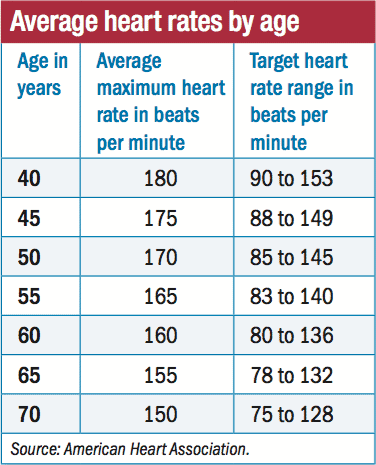
Heart-to-heart: Talking to your doctor.Heart attack symptoms, risk, and recovery.en/health-topics/high-blood-pressure/the-facts-about-high-blood-pressure/all-about-heart-rate-pulse

You can learn more about how we ensure our content is accurate and current by reading our editorial policy. Healthline has strict sourcing guidelines and relies on peer-reviewed studies, academic research institutions, and medical associations. The heart tissue not affected by the oxygen loss may get bigger over time, and the heart may change shape. Since the heart muscle cannot easily regenerate itself, the heart heals after an attack by forming scar tissue.


For example, a study found that people with a heart rate above 80 beats per minute at the time of treatment had a higher risk of dying from their heart attack. Your heart rate at the time of treatment can be an indicator of how well you will recover from an attack. In general, the lower your heart rate, the more efficiently your heart is pumping. A typical or “healthy” resting heart rate for an adult is between 60 and 100 beats per minute. Your heart rate is the number of times your heart beats per minute. In addition, if you are taking medications that slow your heart rate, such as beta-blockers, your heart rate may remain at this lower pace during a heart attack.īy contrast, if you have tachycardia, which is when your heart beats abnormally fast, your heart rate may stay high during an attack. Your heart rate may change during a heart attack, although it may also not change at all.Ĭertain types of right coronary artery infarctions can affect the electrical systems of the heart and cause a slow heart rate during an attack. What happens to heart rate during a heart attack?


 0 kommentar(er)
0 kommentar(er)
